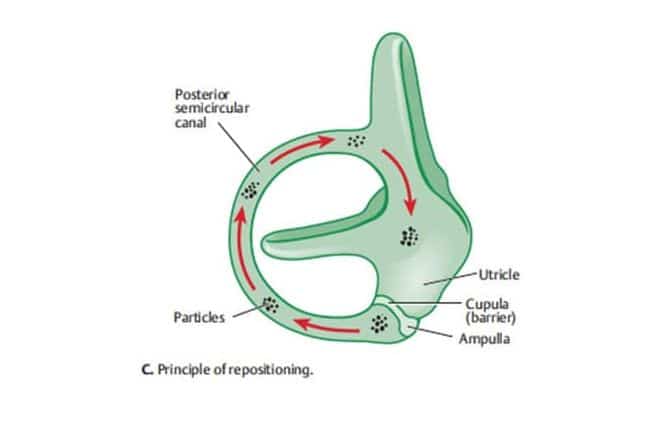Jun. 23, 2023
Last week I discussed motion sickness, pointing out that it often has nothing to do with any inner ear disorder. However, occasionally it is directly related to an inner ear disorder. I will try to explain… Seasickness Seasickness represents an extended sensory conflict, whereas brief sensory conflicts typically do not induce nausea despite causing momentary disorientation. A familiar example of
















